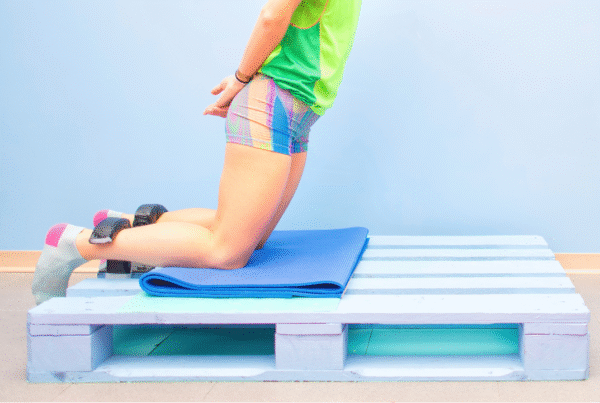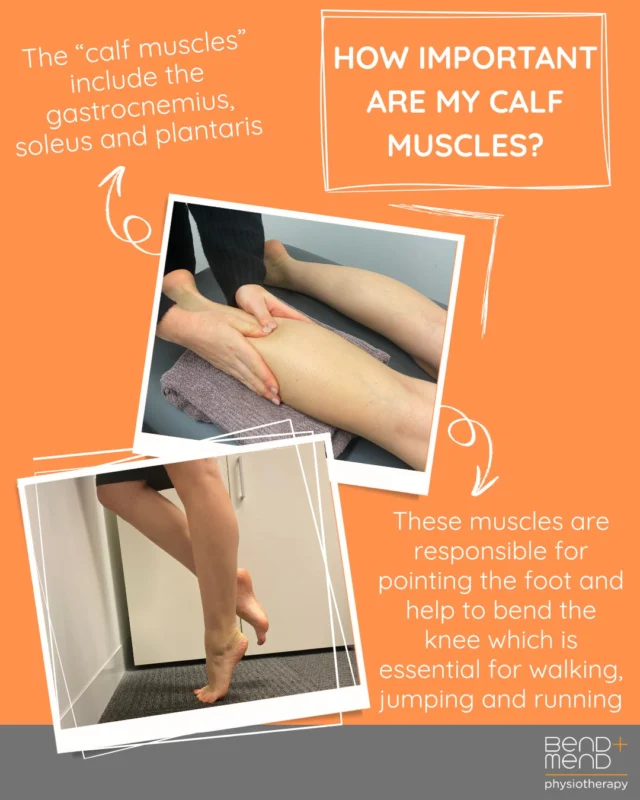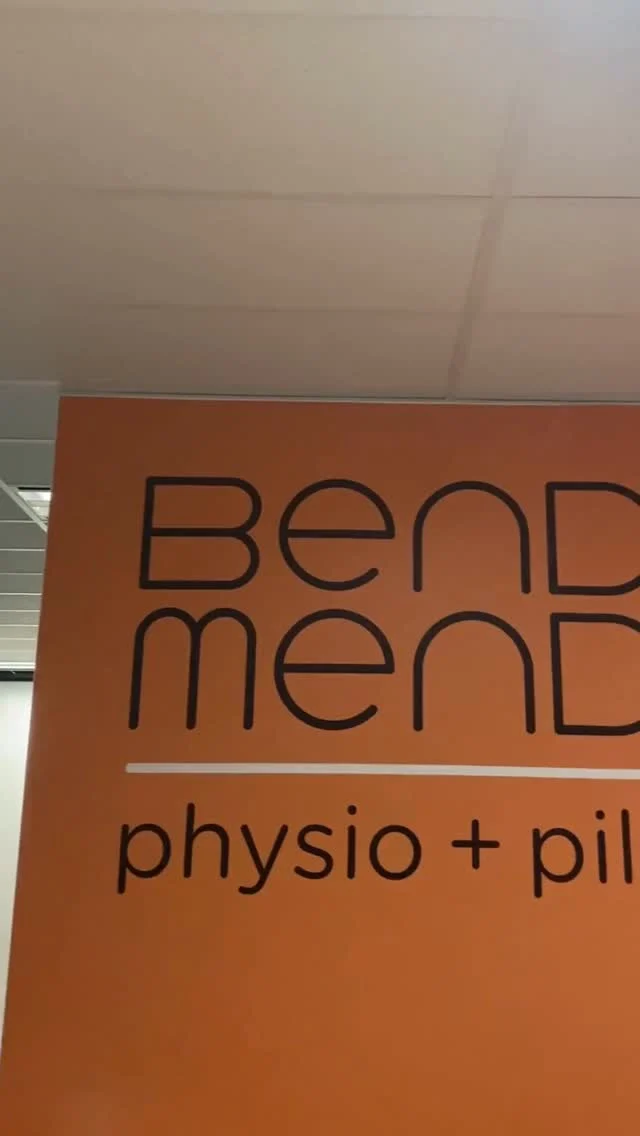Endometriosis affects 10% of women worldwide. The most common symptoms can range from moderate to severe pelvic pain, low back pain, heavy periods as well as bladder symptoms such as frequency, pain passing bowel motions and painful intercourse. Infertility can be a problem in 30% of women with endometriosis though this can be for a number of different reasons.
Endometriosis can take around 7-10 years to be properly diagnosed due to the wide variety of symptoms and severity. The symptoms of severe period pain commonly start with the first period but they are often unreported as they are thought to be normal by a young girl. It is not until they get older and the pain gets worse, or they start having sexual relationships, when they realise it is not normal and seek medical attention.
What is Endometriosis?
The endometrium is the name for the cells that naturally line the inside of the uterus that grow with hormones in preparation for a fertilised egg, and then shed with a period. Endometriosis is diagnosed when these cells are found elsewhere in the pelvis and even other areas of the body. There are thought to be two types of causes for endometriosis:
1. Family history. If other women in your family have been diagnosed with endometriosis and you are having similar symptoms it is likely you will have the same diagnosis.
2. Retrograde endometriosis which occurs when there is a back flow of your period blood into the pelvic cavity through the fallopian tubes. These cells can stick to the walls of the organs in the pelvic cavity and cause scarring and adhesions and even stick two organs together which obstructs the normal movement of the organs inside the pelvis. The hormones of your monthly cycle can affect these cells outside of the uterus just as they do inside the uterus.
How is Endometriosis treated?
The best treatment known for endometriosis is surgical removal of the adhesions and endometrial cells from the pelvic cavity by a gynaelogical surgeon. In those women who are born with endometriosis, one surgical procedure if done well should get all the endometrial cells and ensure a full recovery. It is thought for those with retrograde bleeding however, that the symptoms return as every period deposits more cells back into the pelvic cavity. This can be helped by medical management of your period and timing surgical interventions with trying to conceive children.
How can a Women’s Health Physio help?
The pain and adhesions that occur with endometriosis very commonly cause cramping which results in tight and overactive pelvic floor muscles as well as other musculature around the pelvis including buttock, low back and inner thigh pain. A Women’s Health Physio trained in pelvic pain is able to reduce this spasm and tightness both internally and externally which will help to reduce the severity of the pain. Other symptoms such as discomfort passing a bowel motion, urinary frequency and painful sex can also be managed by working with a Women’s Health Physio as well as other health professional such as a Gynaelogical surgeon and GP. A good team is required to manage what can be a very distressing, emotional and painful issue for women.
If you are experiencing pelvic pain or missing days of work due to period pain, make a time to see Bonnie, our Women’s Health Physio’s at Bend + Mend in Sydney’s CBD, to see what can be done to reduce your pain and improve your quality of life.





